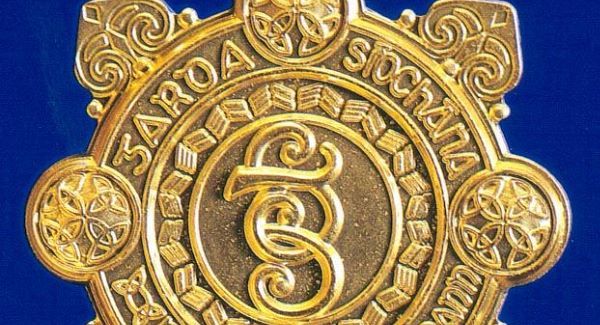Latest: The first Garda strike in the history of the state will go ahead tomorrow.
The GRA, which represents 10,500 rank and file gardaí, says it will not postpone its industrial action. It has asked colleagues in almost 20 units to report for duty to maintain a skeletal staff.
Emergency Response units, airport police and 999 centres are expected to operate.
The Garda Commissioner is due to announce contingency plans later today.
GRA General Secretary Pat Ennis said they remain available to talk in the event of an eleventh-hour deal.
The justice minister has issued a last-gasp appeal to Garda associations NOT to go ahead with tomorrow’s strikes.
Frances Fitzgerald told the Dáil that there was no possible contingency plan to replace 12,800 Gardaí if they go on strike.
She said the GRA had already committed to holding a ballot on imminent recommendations from the Labour Court, and said that should be allowed to go ahead without strike action on the cards.
“I would appeal to both organisations (the GRA and AGSI) to withdraw,” she said.

Earlier:
The GRA has drawn up a list of Garda officers that they do not want to take part in tomrrow’s strike. This makes it seem certain that tomorrow’s planned strike will go ahead.
They say the Emergency Response Unit (ERU), immigration units and special detectives, among others, should all go to work as normal.
Garda Commissioner Nóirín O’Sullivan will outline contingency plans for the strike this afternoon.
Last night, the GRA said they would go ahead with their industrial action unless significant progress was made on restoring pay. They are awaiting recommendations from the Labour Court.
This afternoon’s announcement of the members being asked to not join the strike seems to confirm the strike will go ahead.
Those members being asked to turn up for work as normal are being asked to do so “to ensure a skeletal service to protect the security of the State, prevent and detect serious crime and preserve vital evidence”, the GRA statement reads.
It goes on: “The ongoing security of the State, protection of life and the gathering of evidence by these units is paramount and must not be compromised, despite the sense of anger, betrayal and disillusionment that resulted in 95% of the GRA membership democratically expressing their preference for industrial action.”
GRA General Secretary Pat Ennis said: “The Government failed to make effective contingency plans despite five weeks’ warning of withdrawal of services by gardaí. The recent negotiation process was unnecessarily protracted.
“The GRA has engaged throughout in a responsible problem-solving manner. This government has perilously gambled with public safety in its treatment of our members.
“History shows that gardaí put their lives on the line to protect the public. To this end, we are doing everything we can to ensure that the risk to the public is contained and minimised.”

The full list of members being asked to attend for work is:
– Emergency Response Unit [ERU]
– Regional Support Units [RSU]
– Garda Technical Bureau [Mapping, Fingerprints, Ballistics and Photographic Sections]
– Critical Incident/Major Emergency response capabilities
– Communications Rooms
– Protection & Escort Personnel/Units
– National Surveillance Unit
– Static Protection Posts
– Special Detective Unit
– Intelligence Sections
– Witness Security Programme Unit
– VIP protection
– Garda Drugs Organised Crime Bureau
– Special Dedicated Embassy Patrols
– Immigration Units
– Forensic Collision Investigators
– Attend to prosecutions in court
– Student and Probationer Gardaí


